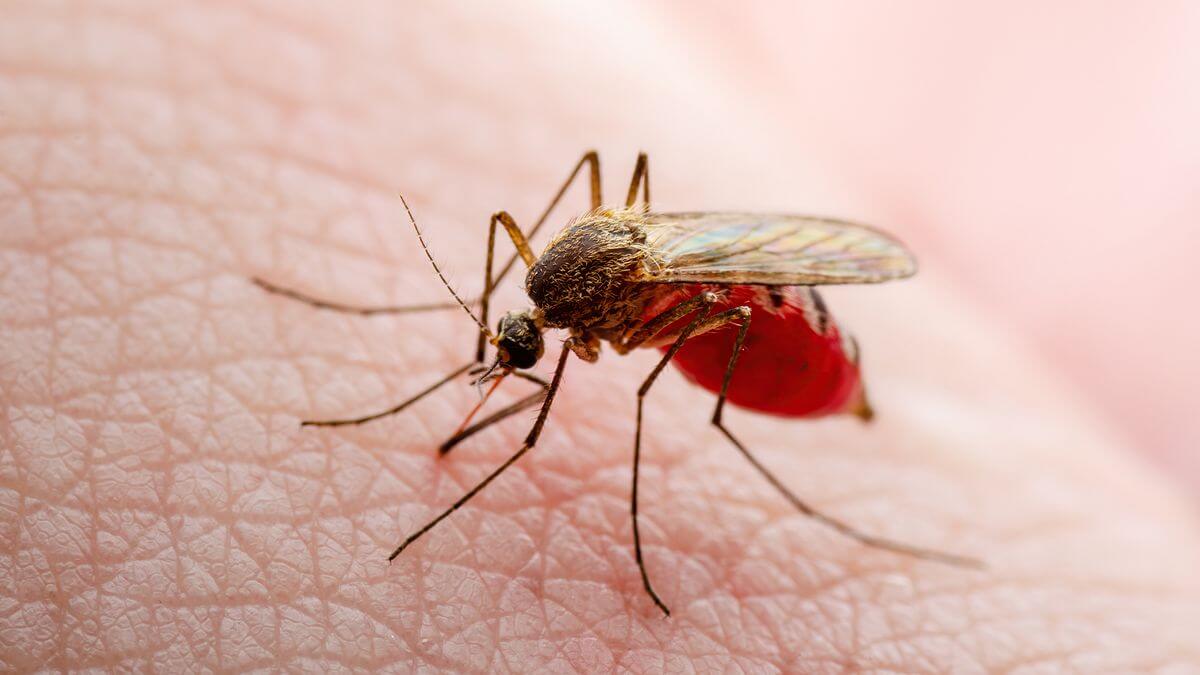US health officials warns as dengue cases ramp up worldwide
Thu 27 Jun 2024, 00:58:56

Health officials in the United States are sounding the alarm as dengue fever, a mosquito-borne viral disease, reaches alarming levels globally. In a recent announcement, the Centres for Disease Control and Prevention (CDC) urged doctors to remain vigilant for dengue cases amidst a record-breaking year for the disease.
Dengue, spread primarily by mosquitoes, has seen a significant uptick due in part to climate change, which has expanded the geographic range of its carriers. Over the past six months alone, countries across the Americas have shattered previous records for dengue cases in a calendar year, highlighting the virus's rapid spread.
The World Health Organisation (WHO) declared a public health emergency last December, underscoring the severity of the situation. In Puerto Rico, where dengue has reached critical levels, a public health emergency was declared earlier this year in response to escalating infections.
While dengue remains relatively rare in the continental United States, there has been a notable increase in cases compared to previous years. Most cases in the US are contracted abroad by travellers returning home, but there is growing concern about the potential for local transmission by native mosquitoes.
Symptoms of Dengue
Symptoms of dengue fever include fever, severe headache, pain behind the eyes, muscle and joint pain, and a rash. In severe cases, dengue can lead to hemorrhagic fever, which can cause bleeding, organ damage, and even death. Of particular concern is the risk of severe illness in individuals who have been previously infected with a different strain of the dengue virus.
About Rising Dengue Cases
Dr. Gabriela Paz-Bailey, from the CDC's dengue branch, highlighted the challenge in Puerto Rico, where exposure to one strain of the virus has left many vulnerable to other strains now circulating.
Across the world, more than 6.6 million infections were reported by about 80 countries last year. In the first four months of this year, 7.9 million cases and 4,000 deaths have been
reported, according to the World Health Organisation. It's been particularly intense in the Americas, including in Brazil and Peru.
reported, according to the World Health Organisation. It's been particularly intense in the Americas, including in Brazil and Peru.
In the United States, the numbers have been far more modest about 3,000 cases last year in US states and territories. But it was the worst in a decade and included more infections that occurred locally, courtesy of native mosquitoes. Most were in Puerto Rico, but about 180 were in three US states Florida, Texas, and California.
5 ways to prevent Dengue
Preventing dengue fever involves primarily controlling mosquito populations and avoiding mosquito bites. Here are five effective ways to prevent dengue:
1. Eliminate Mosquito Breeding Sites: Mosquitoes that carry the dengue virus breed in stagnant water. Regularly inspect your surroundings and eliminate any standing water in containers like flowerpots, buckets, and tires. Change water in vases and pet water bowls at least once a week.
2. Use Mosquito Repellent: Use insect repellent containing DEET, picaridin, IR3535, or oil of lemon eucalyptus on exposed skin and clothing, especially during dawn and dusk when mosquitoes are most active. Follow product instructions carefully, especially when applying to children.
3. Wear Protective Clothing: Wear long-sleeved shirts, long pants, socks, and shoes when outdoors, particularly in areas where dengue fever is prevalent. This reduces the amount of exposed skin vulnerable to mosquito bites.
4. Install Window and Door Screens: Ensure that windows and doors have screens without holes or gaps through which mosquitoes could enter. Use mosquito nets over beds if sleeping areas are not screened or air-conditioned.
5. Promote Community Cleanliness: Work with neighbours and local authorities to clean up trash and debris that could hold water and attract mosquitoes. Community efforts can significantly reduce mosquito breeding sites and lower the risk of dengue transmission.
By implementing these preventive measures consistently, individuals can effectively reduce the spread of dengue fever and protect themselves from mosquito-borne diseases.
No Comments For This Post, Be first to write a Comment.
Most viewed from Health
AIMIM News
Latest Urdu News
Most Viewed
May 26, 2020
Is it right to exclude Bangladesh from the T20 World Cup?
Latest Videos View All
Like Us
Home
About Us
Advertise With Us
All Polls
Epaper Archives
Privacy Policy
Contact Us
Download Etemaad App
© 2026 Etemaad Daily News, All Rights Reserved.

























.jpg)
.jpg)
.jpg)


